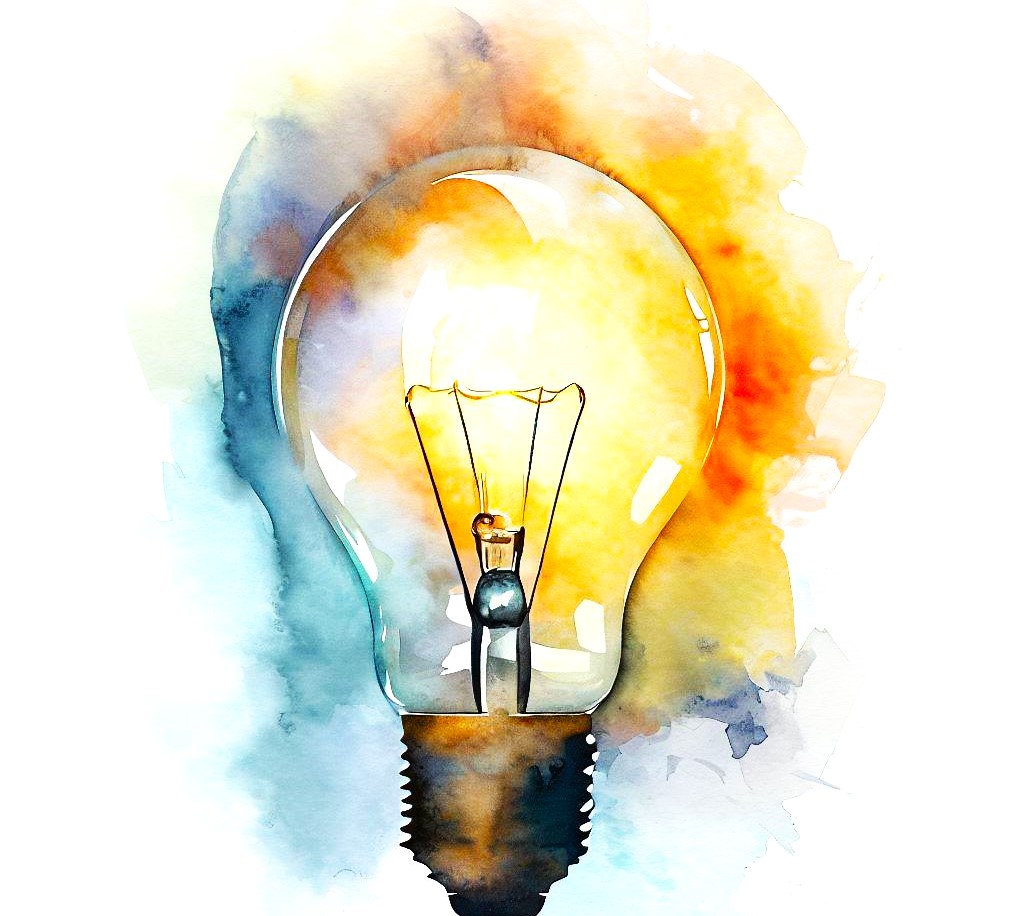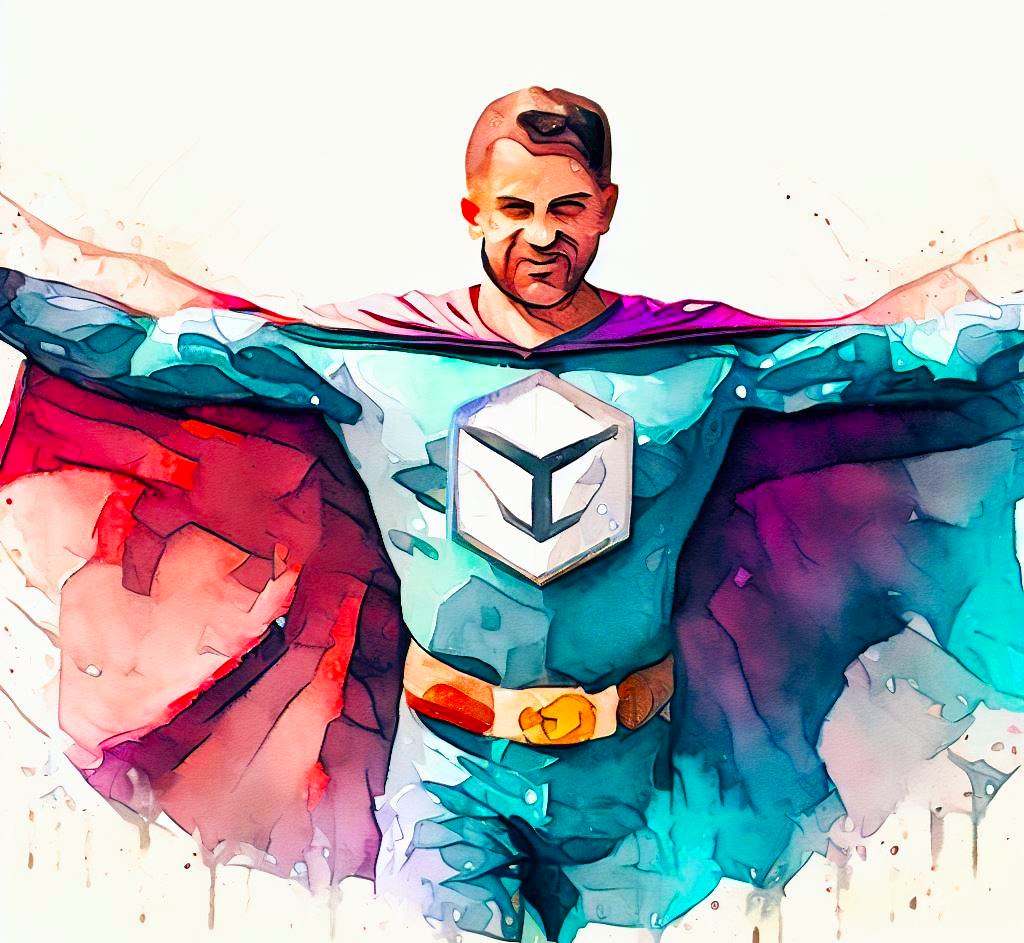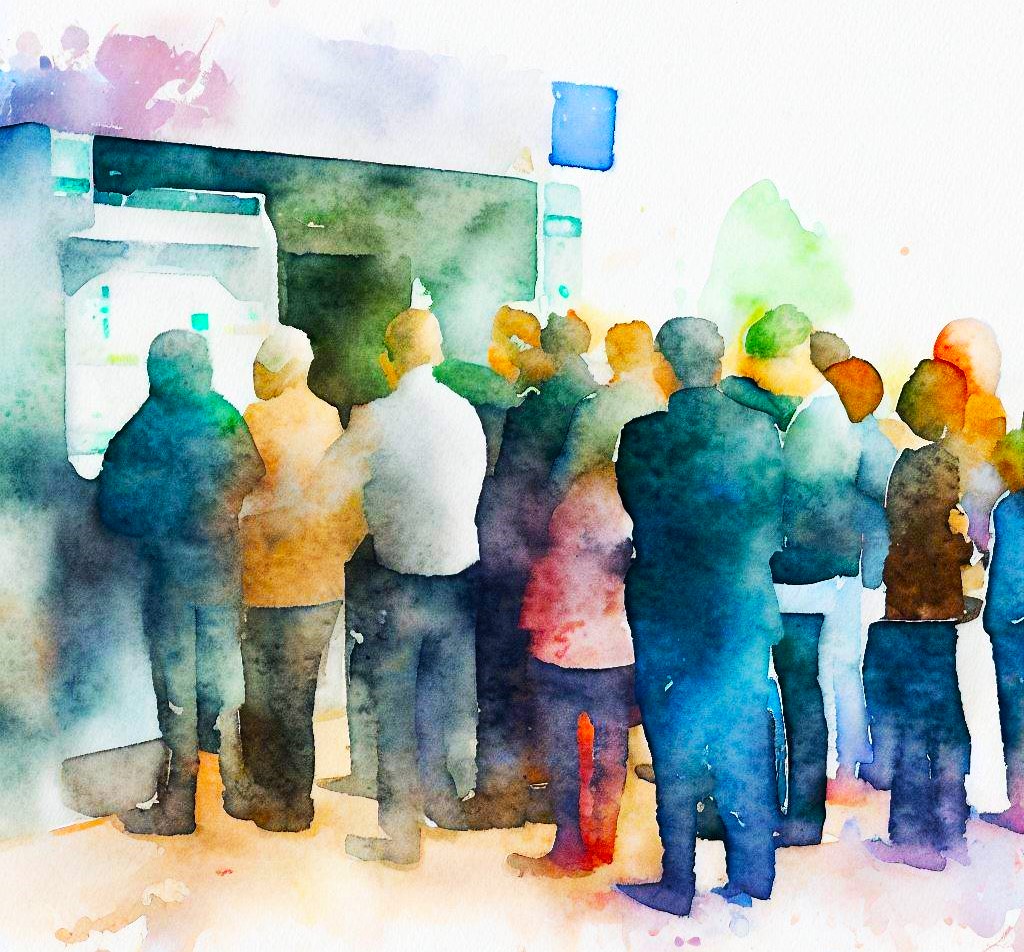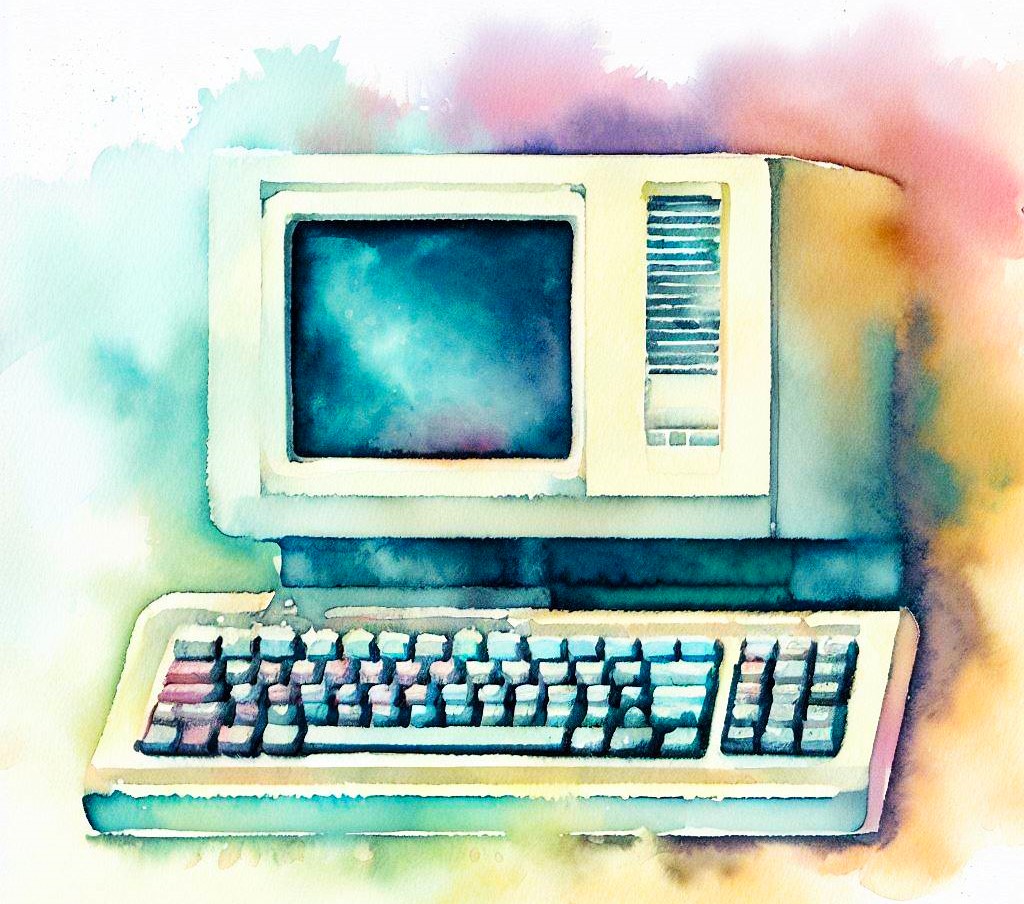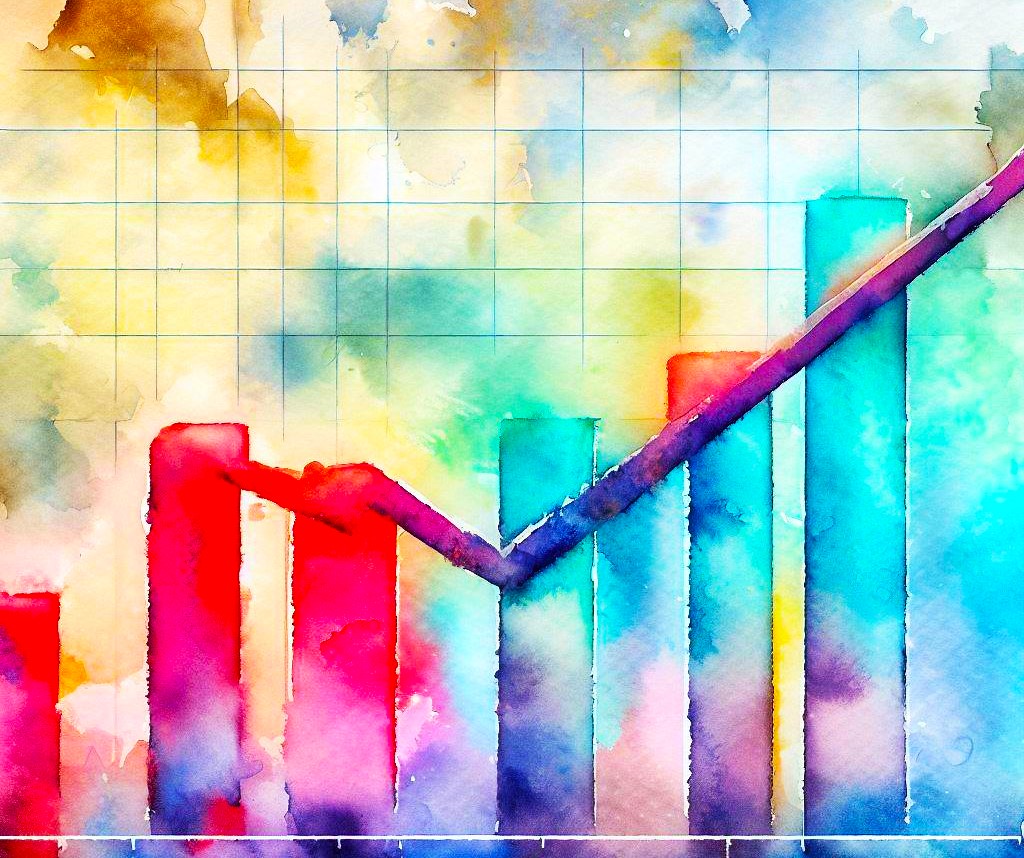One-year loan rate to 3.45% from 3.55%
China’s central bank has cut one of its key interest rates for the second time in three months as the world’s second-largest economy struggles to bounce back from the pandemic.
The country’s post-Covid recovery has been hit by a property crisis, falling exports and weak consumer spending. In contrast, other major economies have raised rates to tackle high inflation. Raising interest rates to tackle inflation is likely creating a econmic problem all of its own for many contries caught in the inflation trap.
The PBOC last cut its one-year rate, on which most of China’s household and business loans are based, in June 2023 – demonstrating China’s commitment to reviving the economy. Economists had also expected the bank to lower its five-year loan rate, which the country’s mortgages are pegged to. However, this was unchanged at 4.2%. In a surprise move mid-August 2023, short and medium-term rates were also cut.
More stimulus
China will need a much bigger stimulus package to boost confidence to drive up consumption and growth. Without it, the economy is risking faltering into deflation which will make it even harder to recover. More rate cuts could be announced in conjunction with government spending, as well as targeted measures to help the property market.

Beijing is trying to restore confidence, but officials will also be mindful of the long-term implications of the policies may create. China’s economy has struggled to overcome several major issues in the wake of the pandemic, which saw much of the world shut down.
Property problems
Concerns with China’s property market still remain and were highlighted again when ongoing crisis-hit real estate giant Evergrande filed for bankruptcy protection in the U.S in August. The heavily-indebted company is attempting to arrange a multi-billion dollar deal with creditors.
Also, earlier this month, another of the country’s biggest property developers, Country Garden, warned that it could see a loss of up to $7.6bn (£6bn) for the first six months of the year. At the same time data showed China had slipped into deflation for the first time in more than two years. That was as the official consumer price index, a measure of inflation, fell by 0.3% last in July 2023 from a year earlier.
Exports, imports and youth employment figures
Official figures indicated that China’s imports and exports fell sharply in July 2023 as weaker global demand threatened the country’s recovery prospects.
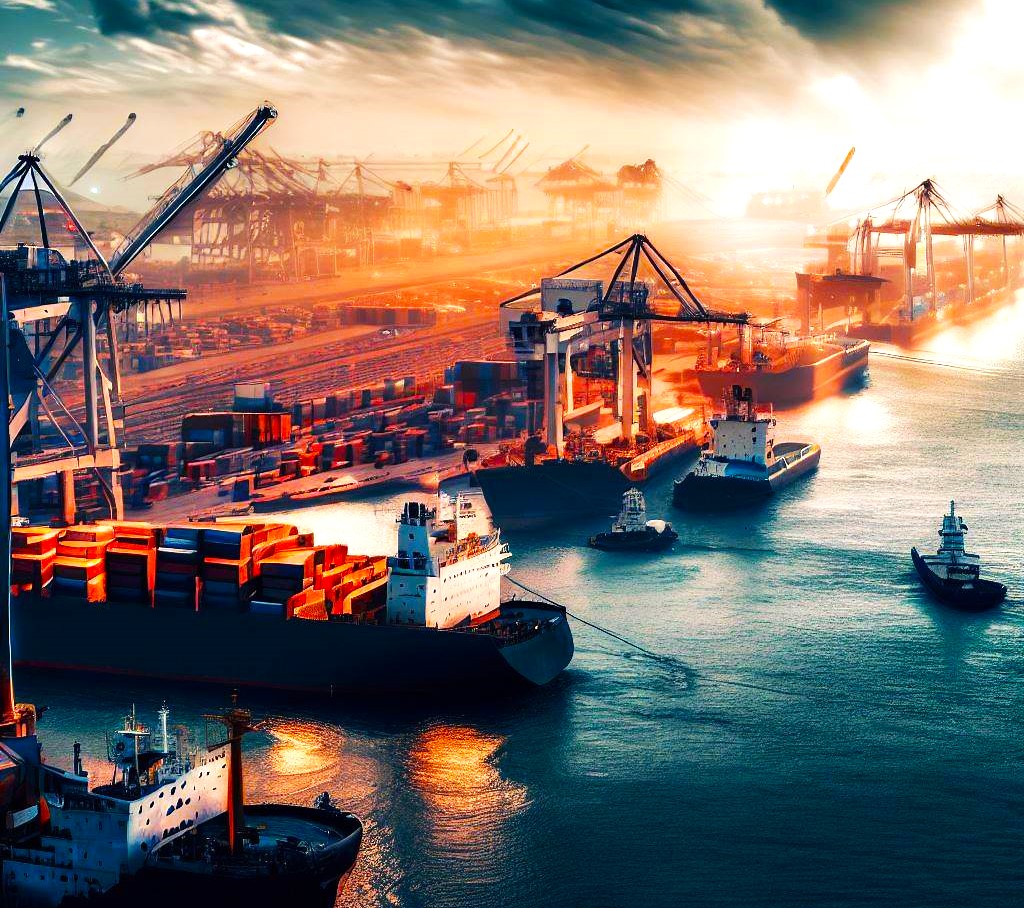
Beijing has also stopped releasing youth unemployment figures, which were seen by some as a key indication of the country’s slowdown. In June 2023, China’s jobless rate for 16 to 24-year-olds in urban areas climbed to a record high of more than 20%.
There is a serious ongoing message here of concern and worry for global stock markets, and not just from China – do we need to act now?








